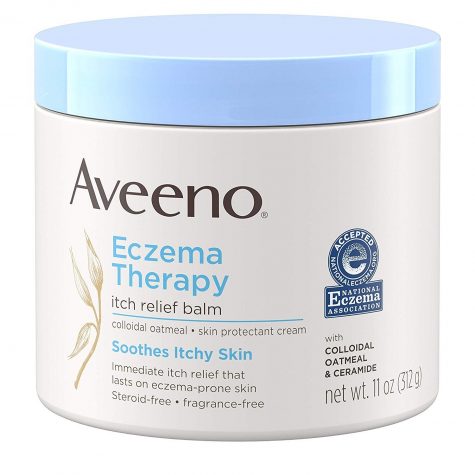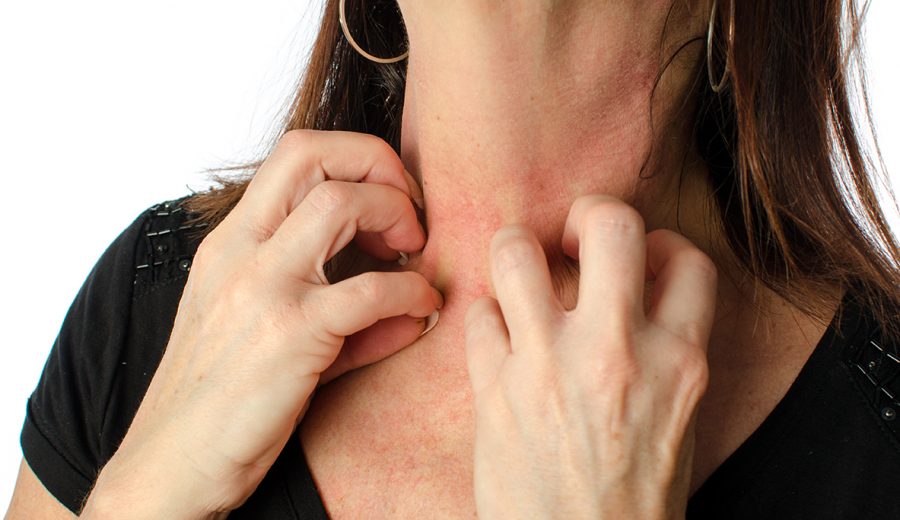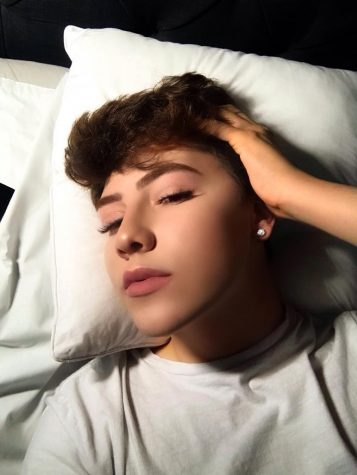It’s Eczema Season…Again
November 19, 2019
If you suffer from eczema, you know that winter and fall are the worst seasons of all for your skin.
Why winter? Dry air combined with indoor heating systems can dry out your eczema-prone skin. Eczema flares up because the skin can’t stay moist on its own. Flare-ups can also be caused by wearing too many layers of clothing, taking hot baths, or using too many bed coverings. These are all things you’re more likely to do as fall and winter approach.
So what can you do to help your skin during the driest seasons of the year?
Don’t use hot water
Yes, I know hot and long showers are the perfect remedy to freezing your buttocks off…but you’ve got to stop! Hot water dries out everyone’s skin, but for those with eczema, hot water takes the rest of the moisture out of your already struggling-to-stay-healthy skin. Long showers are just as harmful as well, so try to avoid both.
Stay hydrated
If you drink water, your skin does too. Drink at least eight glasses of water per day. This will help moisturize your progressively drying skin. If you’re one of those weirdos who hate water, first get help, then try substituting those eight glasses of water with cups of tea, coffee, hot chocolate, or any of your other favorite warm winter beverages. And if you hate water so much that you just can’t have regular water like a normal human being, or you just feel fancy one day, you can slice up lemons or other citrus fruits to add flavor to your water.
Vitamin D
It is shown that kids and adults that suffer from eczema also have lower vitamin D levels than the average person. Vitamin D supplements have proven successful in treating eczema by helping the immune system break down inflammation and produce stronger skin barriers.
Moisturize

Your eczematous skin is SUFFERING! After your tepid shower, get your most trusted moisturizer that your doctor recommends and lather onto yourself. It is also important to apply eczema moisturizers and creams to your problem areas as needed or prescribed.
Switch out soaps
If you have eczema, you have very sensitive skin. So look for moisturizing soaps that are fragrance, dye, and alcohol free. Skip bubble baths as well. Don’t forget to avoid harsh soaps in your laundry detergents as well. Look for detergents that are formulated specifically for sensitive skin.
Good luck!












